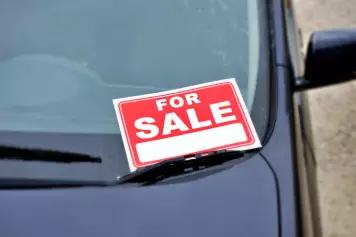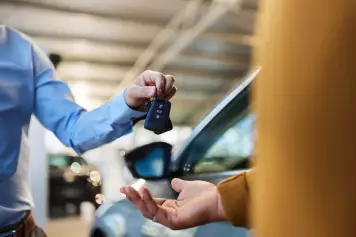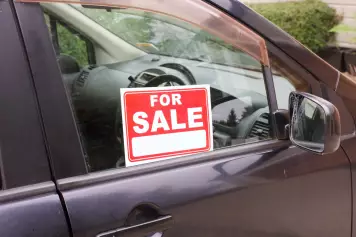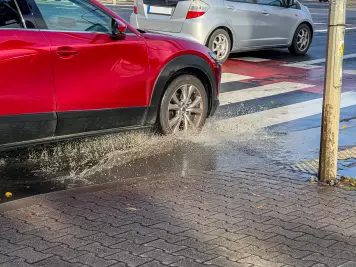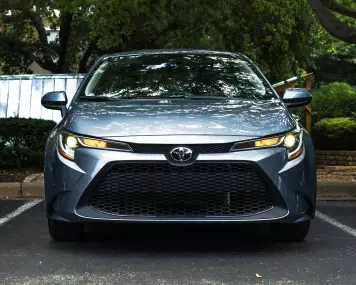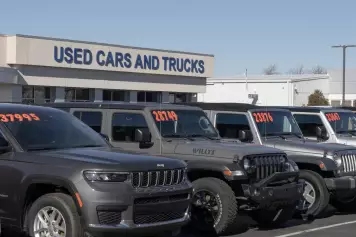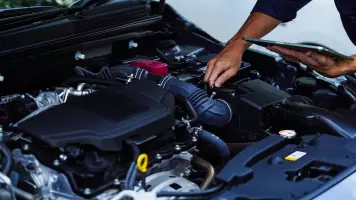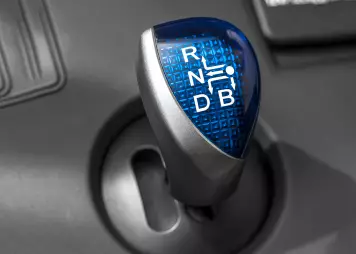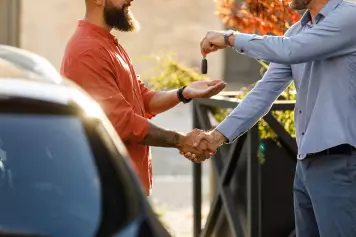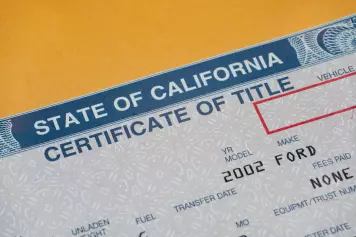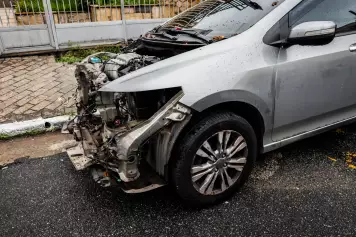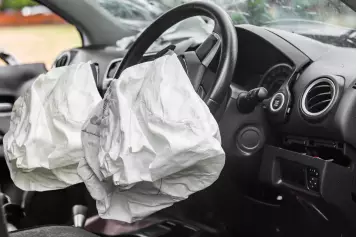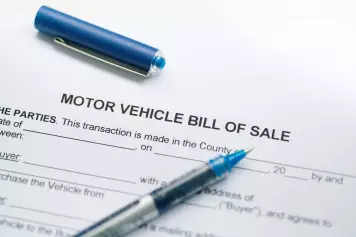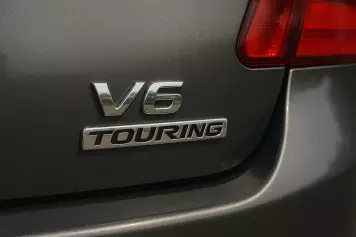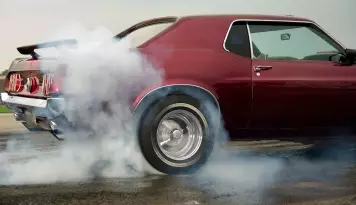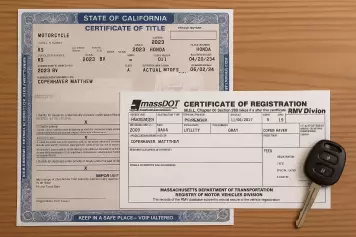Latest Articles
Choosing the Best Cars for Seniors Based on Comfort, Safety, and Ease of Use
- -
- -
- -
- -
By Patrick Peterson
Published January 30, 2026
How Much Does It Cost to Tint Car Windows? Pricing, Types, and What Affects the Cost
- -
- -
- -
- -
Published January 28, 2026
Difference Between Car Title and Registration
- -
- -
- -
- -
By Patrick Peterson
Published January 28, 2026
Featured Articles
Why Do Police Touch the Back Of Your Car When They Pull You Over?
- -
- -
- -
- -
By Adam Szafranski
Published March 17, 2023
Will My Car Insurance Rates Go up After a No-Fault Accident?
- -
- -
- -
- -
By Adam Szafranski
Published November 17, 2021
FREE Vehicle Search
-
InfoPay, Inc. (dba GoodCar) is an Approved NMVTIS Data Provider
-
-





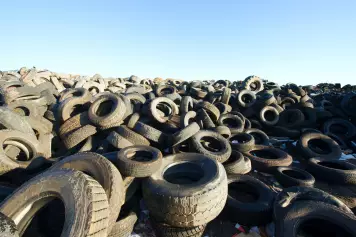

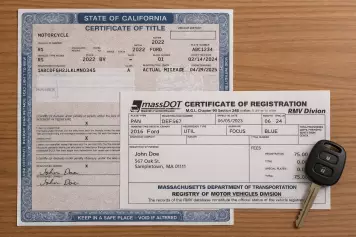
![Best Sites to Check a Car’s History [2025 Review]](https://media.infopay.net/thumbnails/K8lMeG2QLjE46LPqZlmoi6SunKKdT5qvlaRZk6e1-w356.webp)
